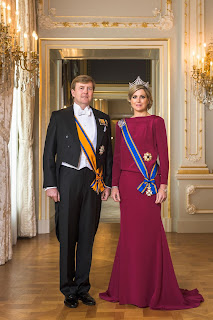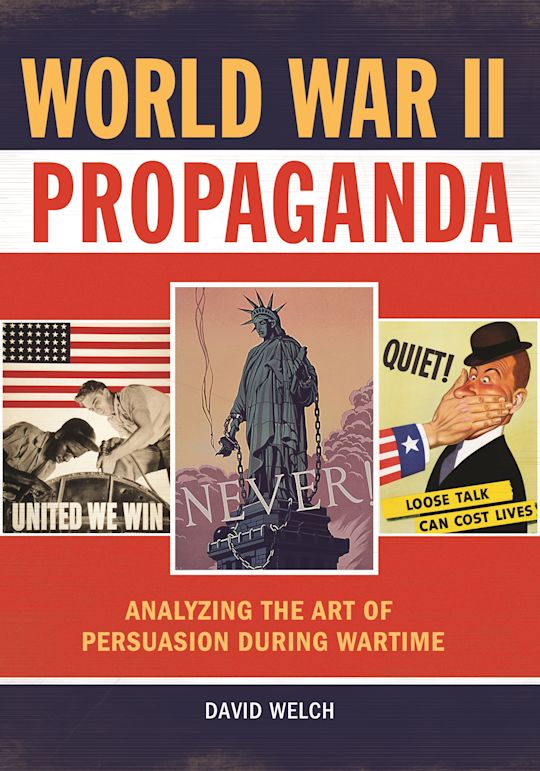SYSTEMETHICS Everything, including me and you, are connected and interdependent
We
have to start to think in Relationships, an inescapable new paradigm
Good
Will or Ethics is the relational condition for the sustenance of Human and
Non-Human Life
Why wisdom, science and human inner knowing are ignored. Carl Gustav
Jung wrote: ‘how difficult it is to be simple’.
Despite numerous publications, books, video’s, key note speeches
covering thousands of years of insight and knowledge, scientists, philosophers,
ethicists, system thinkers or others concerned with life on earth are being
ignored by those who would be motivated to do so. Economics and financial
control have become principal goals supported by governments that can never be
balanced with our earth systems. Possessions, i.e. things such as houses, gems
or companies that human beings have found on this earth or were created, have
become more important than people. People are killed to protect such possessions.
Hospitals are attacked because collateral damage has become an acceptable term.
Destruction of other people and our environment have become the norm. This is
not a natural state of being.
In this short paper I will try to suggest how to fill the gap between
scientific reality and a self-imposed surreal preference which is not based on
science or common sense, but on fear and deception of our minds.
Scientific proof of who and what people are and about what society is,
is being deliberately evaded to suit a pre-planned agenda of control.
What can be observed and seems often misunderstood by scientists, is
that their findings cannot or will not reach society because of differentiating
levels of being by the few (sometimes a self-declared or deliberate feeling of
superiority) and therefore cannot reach common understanding by the many. An
example: When Fritjof Capra and Pier Luigi Luisi presented their latest text
book ‘A Systems View of Life’ only about 13 thousand viewers watched their
Youtube video in a year, whilst the new music video ‘Hello’ by Adele drew 413
million views in a month! There is a huge gap between wanting to know about
reality and potentiality of life and an escape into a virtual, preferred reality
of entertainment. We like to be entertained, but not to be taught. A real
challenge.
‘Empirical research’ on for example business ethics, will never reach a
wider audience, because findings or conclusions merely serve academic inner
circles and on top of that are often written in incomprehensible language
intended only for scholars, who then too often have to pretend to understand it
themselves. Such research focuses on ‘fragments’ rather than dare to draw a
whole picture and would be a waste of valuable resources. 40 years of Business
Ethics or Corporate Social Responsibility or Compliance confirm these are just
fractions unable to fundamentally change or influence ethical choice in a
monetary economy. An example: Transnational Trade Agreements such a TPP and
TTIP are written in secret without taking business ethics into account.
Professors of business ethics and philosophy were not amused when I
asked them if they did not feel it to be their duty to inform politicians or
the public about important findings that would help society. They claimed that
they were scientists and very busy with science. Their acceptance into conformity
offers a convenient escape from the real world. And to be earning a doctorate,
only empirical research would be fitting an ever prevailing academic
straightjacket which would stifle imagination, feeling, sensation or intuition
and therefore would never offer systemic solutions as such research thrives
only in separation. Cartesian or Newtonian determinism or reductionism is now
deemed obsolete and should be replaced by systemethical learning, asking all questions.
It would stimulate human consciousness and conscience as modern
scientific insight, but academics do not all yet accept this change, afraid to
accept human subjectivity as part of objective outcomes and reluctant of being
called ‘unscientific’. But what is science anyway and what value has science
when it does not allow a ‘systemic’ view inviting all relationships?
When one tries to explain ethics to the average labourer, office
worker, manager of a corporation or other ‘usual people’ they often look at you
and ask: ‘What do you mean by ethics?’ They already know. Your baker will sell
you ethical bread without needing ethical reflection. Your bus driver will stop
at your stop without having to remind himself of his morality. This is called
‘trust’ and is the basis for society’s wellbeing. We only use ethical
reflection when we have done something wrong or are planning it. All people are
naturally moral, protected by their conscience, as a natural tool for survival.
One cannot escape it, our brains are programmed to rebel and will cause
anxiety, stress which results in the poisoning by cortisol of our bodies
(whether we like it or not).
Fritjof Capra, Gregory Bateson, Ervin Laszlo, Amit Goswami or John
Hagelin, just to name a few scientists who offer scientifically proven
solutions look at what reality is and conclude that today’s ‘virtual reality’
is unsustainable. Accepting reality as it is and not escaping reality as we can
observe is happening everywhere, can only be bridged by a new form of ethics.
Ethics as an adhesive, ethics as a systemic glue would be healing the current
crisis of perception society suffers from.
I propose to combine the words ‘Systems and Ethics’ into one
‘Systemethics’ as the cohesive for our planetary and universal well-being.
Systemethics is the connecting fabric enabling natural and creative evolution of
which we and everything around us, are an interdependent part. Without this our
world will not evolve but self-destruct as the maximisation of profit destroys
our social and environmental cohesion (we see this happening daily). It means
that the universal and planetary conditions for sustaining life are jeopardized
by the choices we make. This doesn’t have to be so.
Ethics or perhaps easier and simpler explained as ‘good will’ is a real
and scientifically proven innate human ability naturally and biologically
programmed in us all (conscience) to sustain human and non-human life. In fact:
Ethics is THE combining fabric and condition to sustain human and non-human life.
It is quite simple; we just need to choose creatively and stop choosing
destructively.
When we think about interconnectedness and interdependence of us with
nature, this ‘good will’ ensures sustainability of our planet and our life on
it. It is actually very simple; ‘good will’ is a naturally innate foundation
and condition for life, just like oxygen. It is also known as morality and now
we can use: Systemethics.
To reach everyone on this planet in a simple, evident and clear manner,
an understandable model, which has to be accepted by reigning clergy,
scientists and our political leaders, needs to be developed. There I see the
challenge that needs to be addressed soonest. Bridging this gap needs constant
information, systemethical propaganda if you will, and a revised, global
education system.
It needs a governmentally sponsored information platform, endorsed by
United Nations and International Chamber of Commerce, NGO’s as well as by
organizations like the World Economic Forum, IMF or World Bank. It is not
enough when it is explained by scientists or new age thinkers in many available
books as they cannot reach a large enough audience by themselves to achieve a
much needed impact as again their ‘systems’ view is still deemed ‘unscientific’
by a majority of mechanistic scholars.
A simple video message and repetitive message on Public Television, Youtube
or through other Social Media, made for everyone to be able to understand it
would penetrate human consciousness and result in: ‘yes, I am now aware and will endeavour to
change my ways, using systemethics as my guide.’
I propose that Schools and Universities can help develop Systemethics
as a new scientific curriculum that would offer courses on Systemethics as part
of a new Bachelor and Master study: B.SystE, or M.SystE, of which this paper speaks.
This subject would have to be taught from the earliest of ages, starting in
Kindergarten all the way to University as an obligatory societal subject, even
if only to replace redundant religious teaching that was able for many
centuries to influence ethical behaviour.
Levels of education can then be developed to fit every school, every
intelligence, every human ability. A faculty of Systemethics and Schools for Humanity
covering all levels of education, from
entry as a child to academic graduation, would be a good start.
Subjects to teach would be:
·
Conditions for Life
·
Holism & Natural Relationships between man
and planet – Deep Ecology
·
Human Consciousness and Coherence
·
Human and Non-Human Life
·
Humans and Society – History of man
·
Humans and Business : Limited Resources – Moral
Capital
·
Human Behaviour versus Planet and Universe – an
equilibrium
·
Global Risks (A World Economic Forum yearly
publication)
·
Risk & Crisis Management
·
Quantum Physics – subatomic reality expressed in
relationships –Unified Field
·
New Sciences that prove interdependence (Physics,
Noetics, Epi Genetics, Neuro Sciences)
·
Gaia as a self-organizing System
·
Self-creating and self-sustaining systems of
life (autopoiesis)
·
Dilemma theory
·
Social Responsibility
·
Understanding Stress and its physiological or
physical effects
·
Politics and Capitalism – Corporatism
·
Future generations
·
Wisdom and Happiness
Arend van Campen, November 18, 2015



Reacties
Een reactie posten